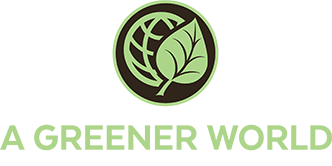Various certification and labelling programmes have been developed in response to the growing trend of consumers looking for better quality meat, eggs and dairy products from animals treated with high welfare. Some food labels and marketing claims use loose, subjective terms such as “free range” or “naturally raised,” which are misleading to consumers and do not require farm compliance verification or programme validity.
Certified Animal Welfare Approved by AGW has the most rigorous standards for farm animal welfare currently in use in Africa. Its standards have been developed in collaboration with scientists, veterinarians, researchers, and farmers across the globe to maximize practicable, high-welfare farm management. Animal Welfare Approved’s standards incorporate best practice and recent research and have been adopted only after thorough review. The basic premise of all the standards is that animals must be able to behave naturally and be in a state of physical and psychological well-being. Our label ensures the integrity of sustainable, family farms and high animal welfare practices.
To accomplish the goals of the Animal Welfare Approved programme, all standards address every aspect of each species’ lifecycle needs from birth to death. Animal Welfare Approved works diligently to maintain a farm’s ability to be economically viable and the standards have been proven to be achievable by the vast majority of farm situations. Animal Welfare Approved by AGW reviews its standards annually, updating them as needed to incorporate new research and on-farm findings.
How to Read and Interpret the Standards
Any practice not covered in the standards is permissible unless specifically excluded. Animal Welfare Approved wants to respect the farmer’s ability to design his or her own farming systems to the greatest extent possible. In addition, the programme acknowledges that different approaches to animal husbandry may be required due to the great variation in geographical conditions. Animal Welfare Approved standards are meant to be outcome-based and not prescriptive. It is the task of the programme’s auditors to confirm that a farm can present the high welfare outcomes the programme requires.
If these words are used, strict adherence is required:
- Prohibited: means the practice described is banned.
- Must: means a standard has to be adhered to as directed.
If these words are used it offers some flexibility:
- Recommend/encouraged: means it is viewed as the best practice, but other methods will be accepted as long as the goal of high welfare is not jeopardized.
- Should: means the standard should be adhered to, however variations will be accepted as long as the goal of high welfare is not jeopardized.
